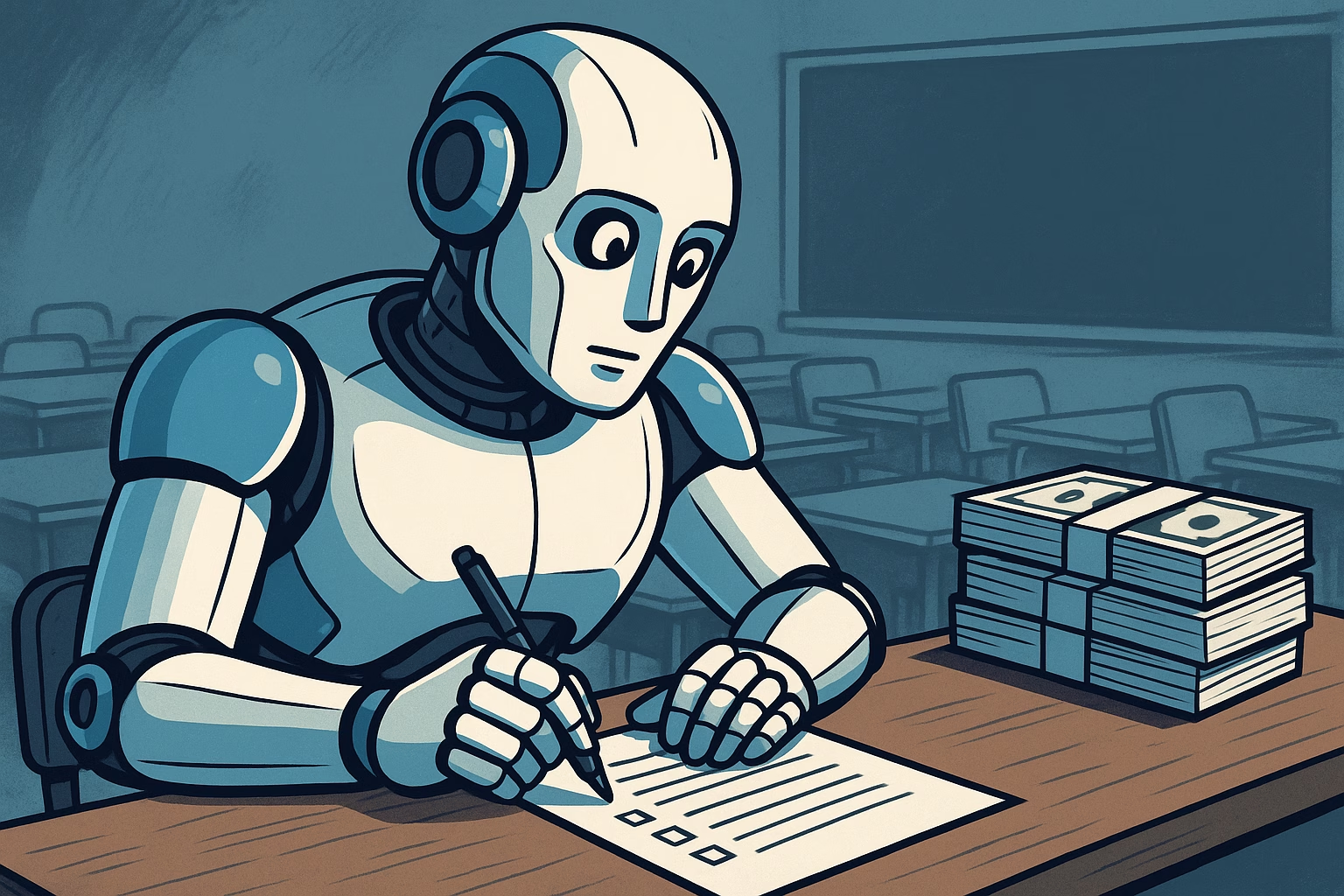For decades, the chartered financial analyst qualification has stood as one of the most rigorous benchmarks in global finance. Traditionally, human candidates spend close to 1,000 hours studying over several years to prepare for its three demanding examinations. Now, fresh research shows that cutting-edge artificial intelligence systems can complete the same task in mere minutes.
A study led by academics at the New York University Stern School of Business, in collaboration with GoodFin, an AI-driven wealth management platform, assessed the abilities of 23 large language models. The researchers tested how well these models could tackle both multiple-choice and essay-style questions in mock Level III examinations, the final and most complex stage of the CFA process.
They discovered that advanced reasoning models, including o4-mini, Gemini 2.5 Pro and Claude Opus, were able to employ what is known as “chain-of-thought prompting” to secure passing scores. This finding highlights how far the technology has advanced in analytical capability.
Earlier academic work, particularly from two years ago, had already indicated that artificial intelligence could pass Levels I and II of the examination. Yet, those systems failed to manage the distinctive challenges of Level III, which centres heavily on essay responses. The third examination concentrates on areas such as wealth planning and portfolio management, requiring not just formulaic knowledge but also applied reasoning and professional judgment.
Recognising how quickly the field has progressed, the authors of the new study set out to measure whether the latest generation of models could handle the kind of “specialized, high-stakes analytical reasoning required for professional financial decision-making.” Their findings suggest that artificial intelligence is not only catching up but beginning to match human ability in contexts once thought resistant to automation.
Anna Joo Fee, founder and chief executive of GoodFin, which contributed to but did not finance the study, reflected on the industry-wide implications.
“I think there’s absolutely a future where this technology transforms the industry,”
she said.
Despite this optimism, Fee also emphasised the limits of machine-led assessment.
“There are things like context and intent that are hard for the machine to assess right now,” Fee said. “That’s where a human shines, in understanding your body language and cues.”
This dual perspective reflects a cautious but notable recognition of artificial intelligence as a complement rather than a substitute for human financial professionals. While machines can rapidly process and replicate reasoning on technical questions, the subtleties of client interaction, interpretation and trust remain firmly human domains.
For candidates and institutions alike, the findings raise pressing questions. If artificial intelligence can already pass the examinations designed to filter elite analysts, what does this mean for the value of the credential itself? Will finance firms adapt by emphasising interpersonal skills and ethical judgment as much as technical proficiency?
The research does not predict an imminent replacement of the CFA designation. Instead, it suggests a shift in what skills are seen as most essential in a world where machines can master financial problem-solving with unprecedented speed. For now, the CFA remains a qualification rooted in human effort, but its long-term landscape may evolve as artificial intelligence becomes a more integrated tool in wealth management.

















